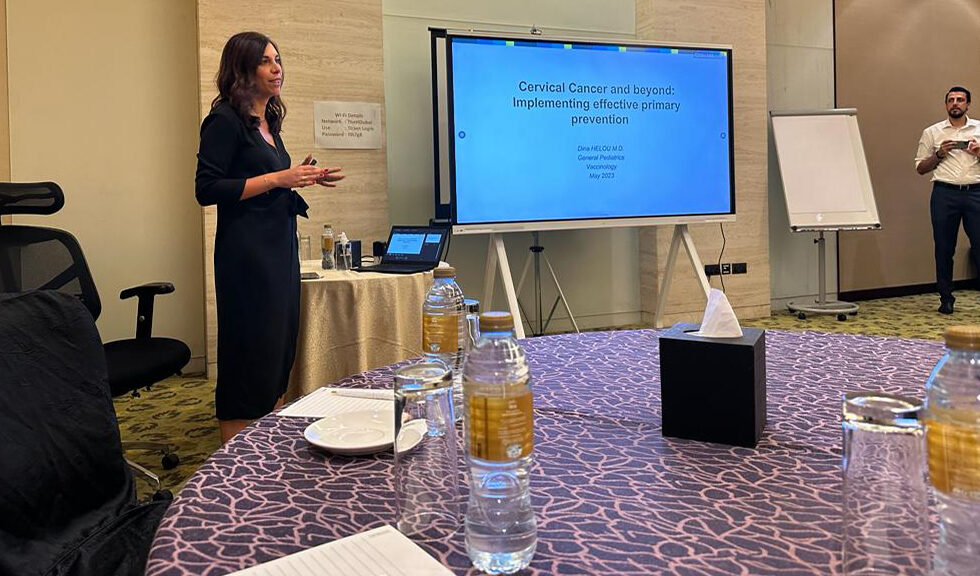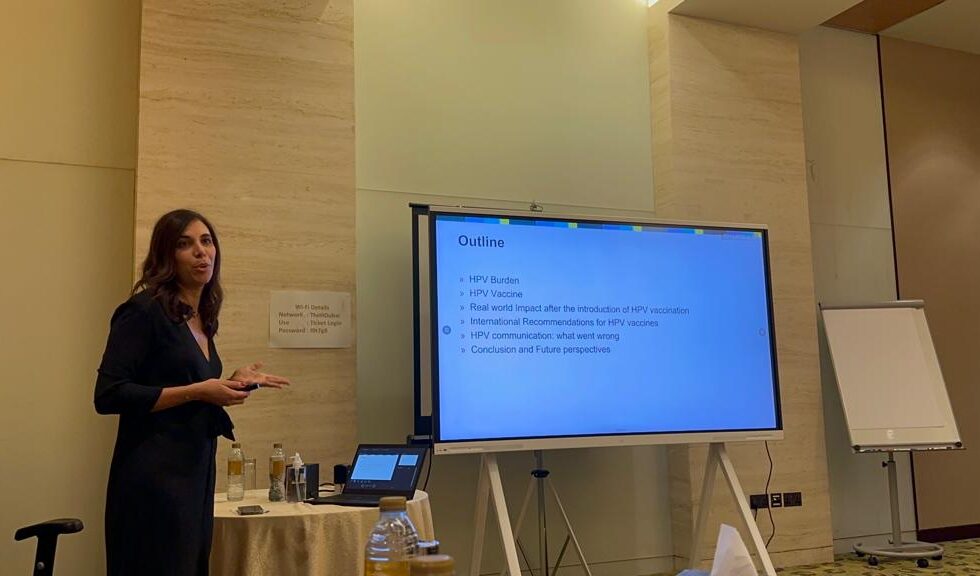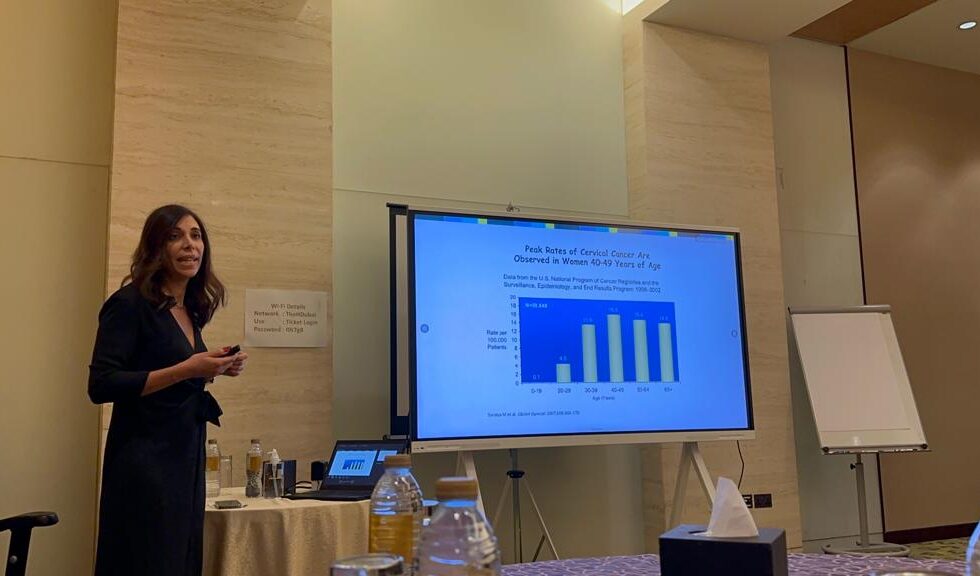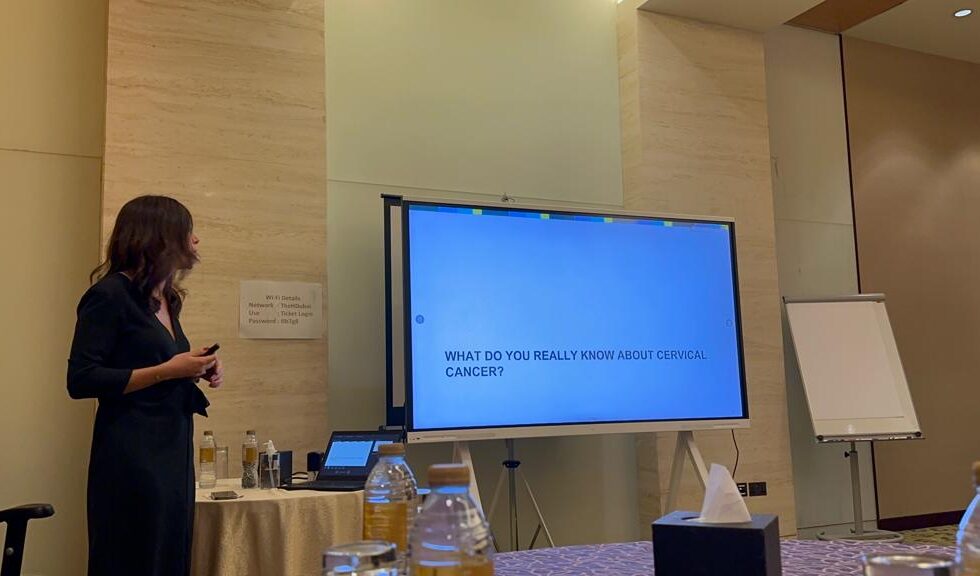Cervical cancer is a significant global health issue and remains one of the leading causes of cancer-related deaths among women. In the Middle East, cervical cancer poses a substantial burden. Limited access to healthcare, lack of awareness, and cultural factors contribute to the high incidence and mortality rates in the region.
Women in the Middle East are susceptible to cervical cancer due to various factors. These include a lack of regular screenings, low HPV vaccination rates, early marriage and childbearing, limited knowledge about sexual and reproductive health, and limited access to quality healthcare services. Additionally, cultural barriers often hinder preventive measures and early detection.
Primary care plays a crucial role in cervical cancer prevention. Healthcare providers in primary care settings can implement several preventative approaches. First and foremost, promoting awareness about cervical cancer, its risk factors, and the importance of regular screenings is essential.
Dr. Dina Helou is keen on educating women and their families about the primary prevention through vaccination. Another key preventive approach is increasing HPV vaccination rates. Primary care providers can advocate for and administer the HPV vaccine to adolescent girls and young women, as it is highly effective in preventing HPV infections that can lead to cervical cancer. Moreover, Circle Care Clinic provides routine screening programs and offers screening services. These programs help in early detection and prompt treatment initiation, reducing the burden of cervical cancer in the Middle East.
Cervical cancer is a significant problem globally and in the Middle East. Primary care plays a vital role in implementing effective prevention strategies. By raising awareness, promoting regular screenings, increasing HPV vaccination rates, and ensuring access to screening services, primary care providers can contribute to reducing the incidence and mortality rates associated with cervical cancer in the Middle East.











